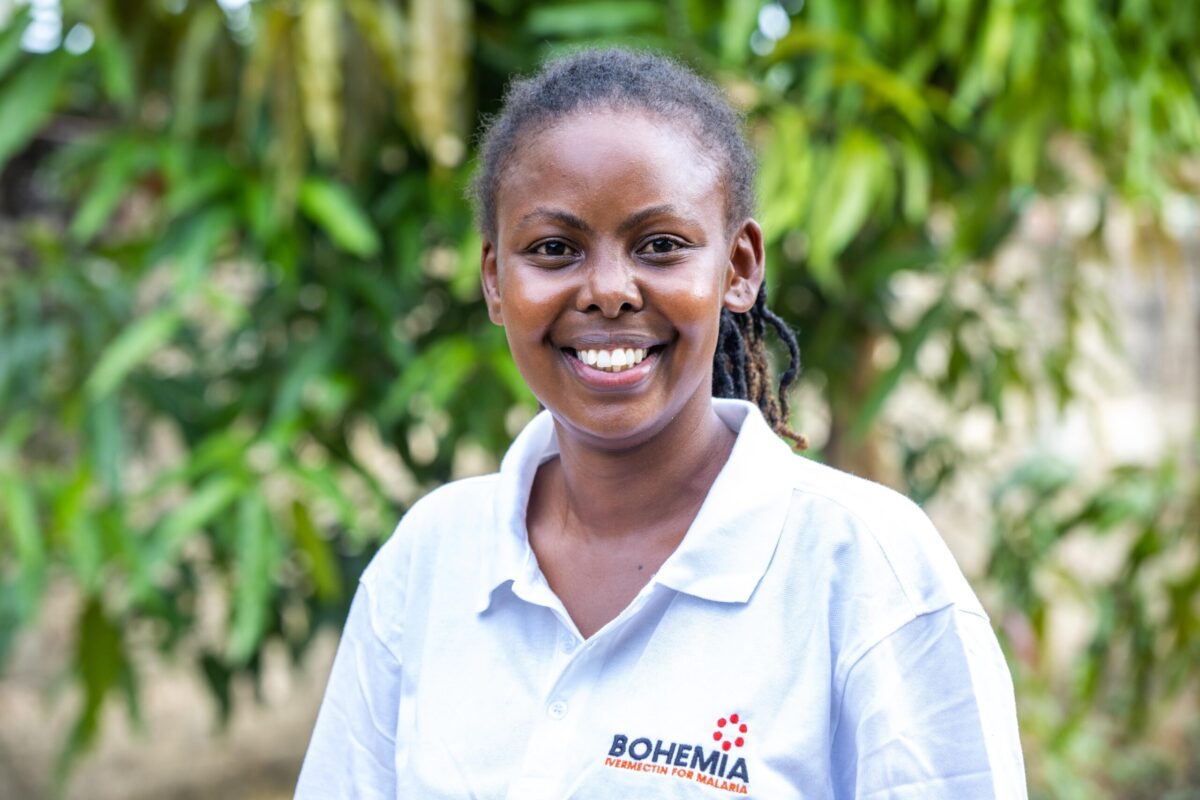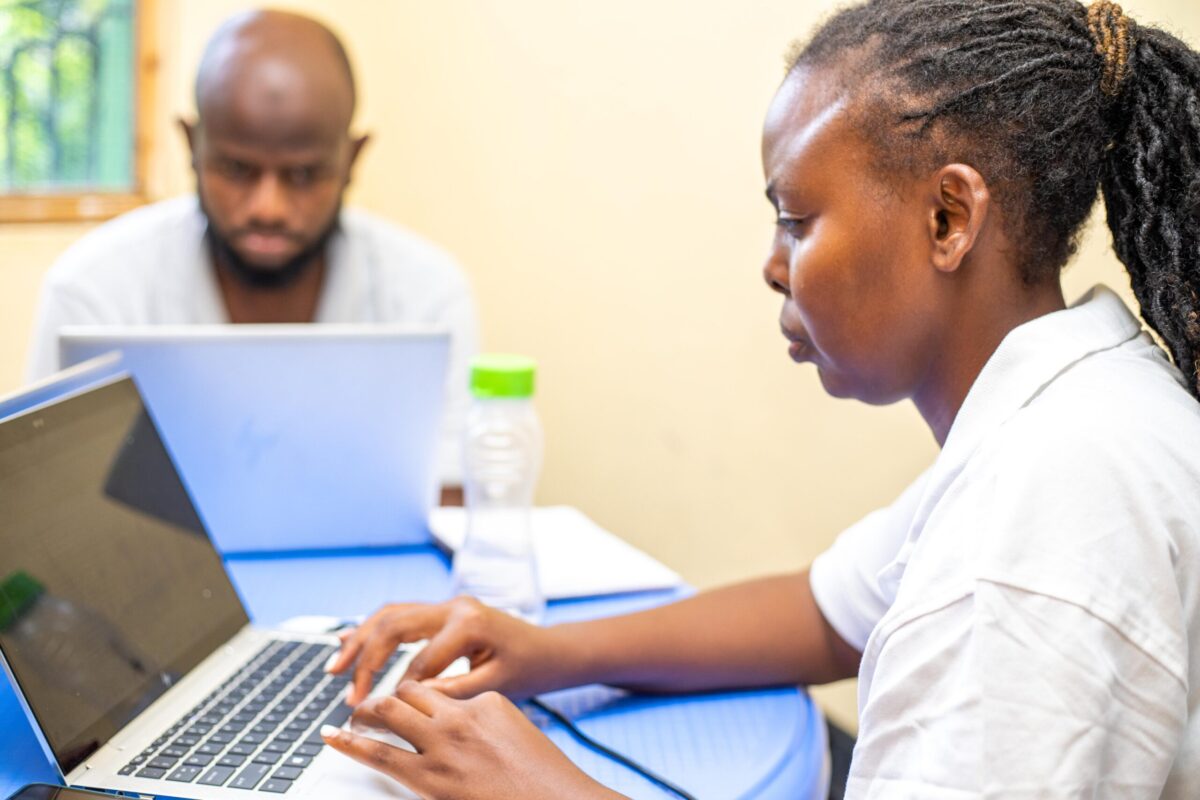Interview with Mercy Wanjiru Kariuki, Project Manager for Operations, BOHEMIA study in Kenya

As a child, what did you want to be when you grew up? Were you already attracted to the field of health?
From a tender age, I was interested in nature, especially animals. I was always trying to understand the intricate balance between the two worlds, which to be honest, was too much for a ten-year-old. Nevertheless, I found myself more inclined to read animal books and learn about plants and animal husbandry from my mum on our farm.
When I finished secondary school, I couldn’t find a degree that merged my two interests, and the ones that did were really expensive. I had to pick a science-based course in a less expensive university and ended up studying medical laboratory sciences. I was never fulfilled throughout my journey in university and the first chance I got, I applied for a job in the development sector.
Ever since I have navigated my way into acquiring a Master’s degree in ‘Infectious disease control’ and am now working as a project manager for a project that takes a One Health approach to disease prevention.
What are your earliest memories of malaria? When did you first learn about this disease?
I was lucky enough to grow up in a malaria-free region of Kenya. My first encounter with malaria was in high school. I was in a boarding school where we had students from all over the country, in this particular case, a student from the western region of the country, known to be malaria-endemic, (malaria endemic region) had just returned from her summer break and resumed her studies, when she started convulsing due to high fever. She was soon rushed to the school dispensary and we found out that it was malaria. That experience taught us to not take for granted the privilege of living in malaria-free areas.
That experience taught us to not take for granted the privilege of living in malaria-free areas.
How did you find out about the BOHEMIA project? What attracted you to this position of ‘Project Manager’?
I was on the lookout for new opportunities in the area of project operations. I saw the position on a local job advertisement board and I quickly went online to look for more details about the BOHEMIA project. I found out that it was aiming to implement a mass drug administration campaign to reduce malaria infections in endemic communities. That sounded very interesting and I applied.
What does a day in your job look like?
I am the project manager for operations. In a nutshell, my job is to ensure that all planned activities for the project are implemented as stated in the trial protocol.
Each day is unique for sure. One day I am working on onboarding staff, the next day I am planning training activities. Some other days I am facilitating community engagement activities.

What has been the most rewarding part of this job and what are some challenges?
This project has intercalated activities, all working towards achieving one goal – reducing malaria transmission and saving lives. The workspace is constantly evolving and I am learning a lot of transferable skills. I don’t think any other project or role could have exposed me to such a steep learning curve in such a short time.
The role is not devoid of challenges, in a fast-paced environment that requires fast problem solving, adaptability skills and the stamina to keep up with five work packages of a health project is overwhelming at first, but once I caught up with the rhythm of things, every day feels like a new adventure.
What is needed to overcome malaria and how does BOHEMIA fit in?
In a world that is full of evolving and sometimes mutating disease-causing agents, vector-borne or otherwise, we need constantly evolving strategies to counter them. That requires funding, passionate minds daring enough to think out of the box, and affected communities willing to participate in the research process. The BOHEMIA project is a representation of the three coming together to explore a new and complementary tool for malaria prevention.






